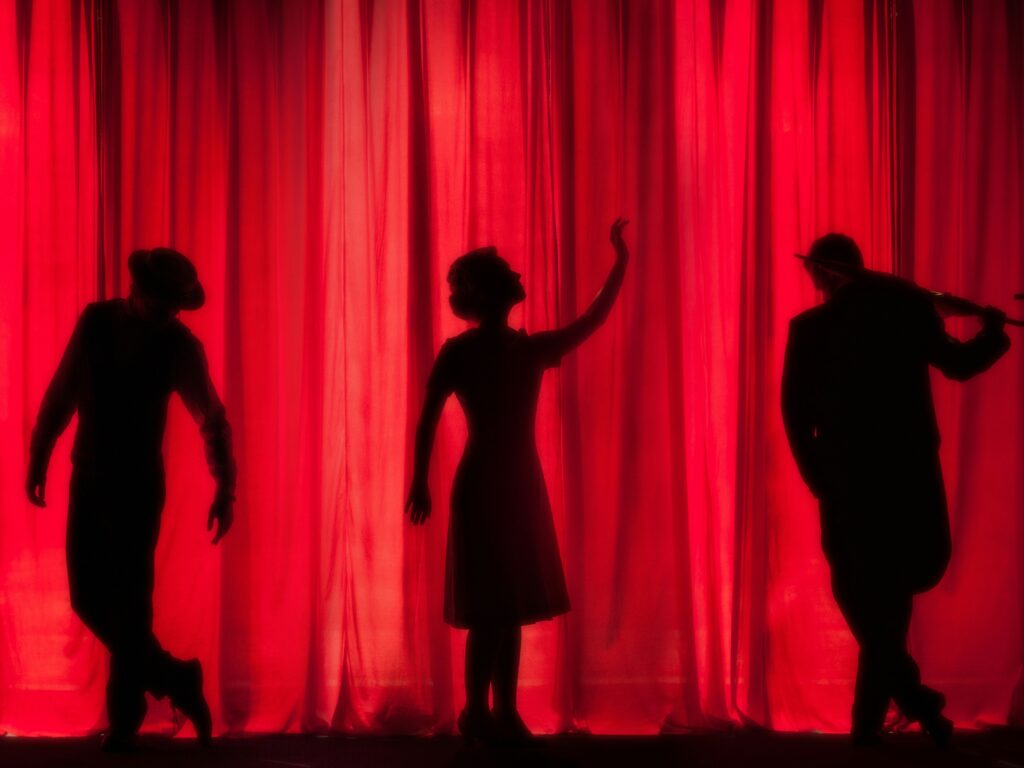Classics A level students saw productions of all three of their set texts for the Greek Theatre component last month. All gave ample opportunity to reflect on the way modern theatre practitioners try to adapt ancient texts for modern audiences.
The first, an adaptation of Sophocles’ Oedipus the King at the Old Vic in Waterloo, featured extremely high levels of acting in all the main roles, and, in particular, dance, from a brilliantly trained chorus (slightly smaller in number to the 5th c BC Chorus). It was very valuable to see the way dance can work to create and reflect mood alongside dialogue. However, the energy of the dance was privileged over the original text’s choral odes, which in Sophocles spell out the cultural crisis facing the community – this directorial choice provides for students much food for thought.
By contrast, the amateur production of Euripides’ Bacchae, at the South London Theatre, showed what could be done with an ambitious combination of choreography, melody and song. Here, despite the inevitably lower level of “production values”, the Chorus’s change from fluidity and grace to militant rhythm and menacing posture effectively conveyed the sinister double-nature of the god.
The UCL students’ production of the Frogs at the Bloomsbury Theatre kept the comic momentum bubbling along merrily enough, with fine performances in the lead roles of Dionysus and his slave, Xanthias, bringing out their relationship as well as their individual attributes in a way that stayed pretty faithful to the original, and strong turns from those in the roles of Heracles and from the Choruses. The production made free but highly entertaining use of a school-masterly character (not in Aristophanes) to explain to the audience with humorous condescension the most relevant bits of ancient history required to get the jokes.




